Date: 8 September 2015
Potassium ions (electronically charged particles) in the solution migrate into the glass surface, replacing the smaller sodium ions originally in the glass. As the glass cools, the larger potassium ions compress the glass together, creating a compressive stress layer that forms a tough surface.
It’s useful to imagine another scenario that illustrates this concept. A triangular billiards rack holds 15 pool balls closely together, but still with plenty of room to roll. Replace those balls with slightly larger tennis balls, and the rack will be packed too tightly to roll.
Its surface, in effect, has become stronger through the compression of the tennis balls.
.jpg)
In the case of chemically strengthened glass, it’s the surface toughness that makes it ideally suited for touchscreens, appliances, and other heavy-use applications. The glass retains more of its strength even after a minor nick or scratch, protecting it from more cracks and flaws.
Some advanced glasses have special compositions that help mitigate this possibility — but it’s the super-tough surface created by the ion exchange process that provide the first line of defense against everyday hazards.
Glass scientists are constantly stress-testing glass and improving both compositions and chemical strengthening processes like ion exchange. Their deep understanding of the physics of glass surfaces — including diffusion, compression, tension, and resistance — are likely to yield even more remarkably tough glasses in the future.
Watch mind-bending demonstrations in The Glass Age, Part 2: Strong, Durable Glass video.
Learn more about the Ion-Exchange Process.

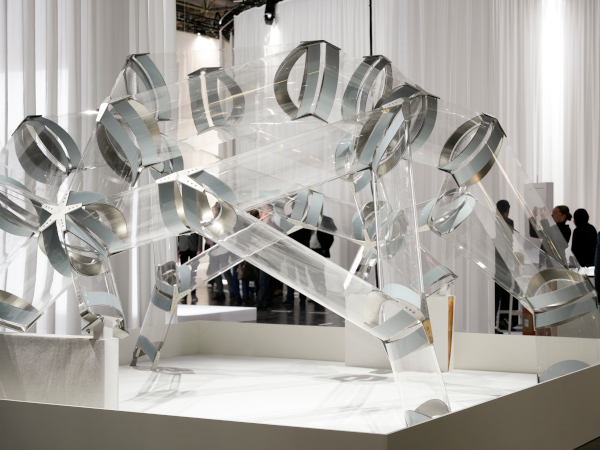



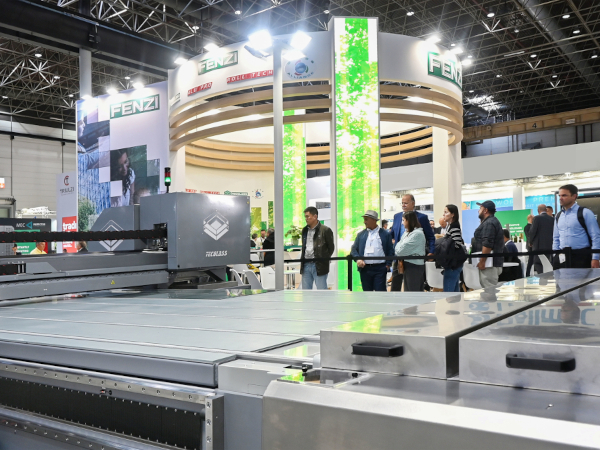
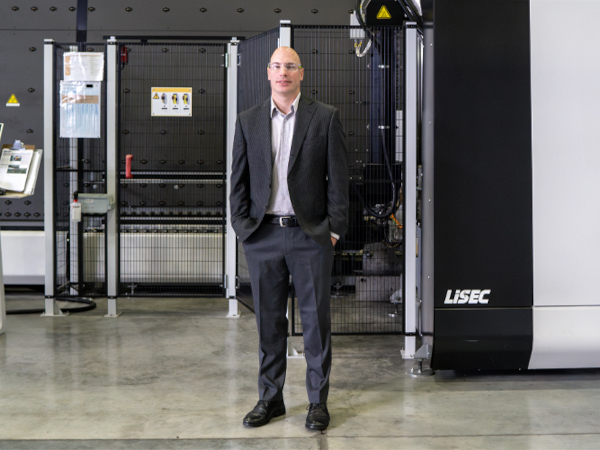
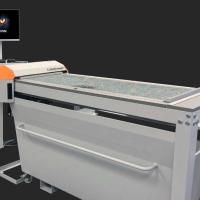
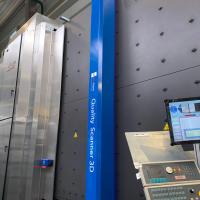
Add new comment